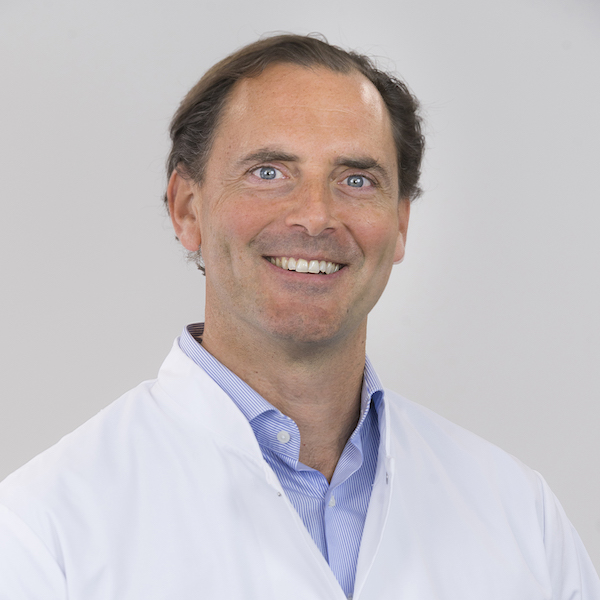Frequently asked questions about plastic surgery
This page lists frequently asked questions and Dr Schiettecatte's answers to them. Dr Schiettecatte is your attending plastic surgeon in Kliniek Veldhoven.
Dr Schiettecatte will discuss with you prior to the plastic surgery procedure how your wishes can be realised. Request a free consultation now. After the consultation, you will receive a customised quote.
How often should I come to the clinic for treatment?
For plastic surgery operations, usually only once for treatment and two to three times for check-ups.
What does post-treatment look like?
Sometimes a follow-up treatment is necessary, for example if you want the result of your breast surgery or facial surgery to be a little tighter. In that case, an additional piece of skin is sometimes removed.
How long can I not work after cosmetic surgery?
Depending on the operation and your basic condition, you will be able to return to work in about two to six weeks after surgery. Dr Schiettecatte will discuss this with you before you undergo surgery.
Is Dr Schiettecatte qualified to operate or inject me? Where can I check?
Dr Schiettecatte has received leading training in Belgium and the Netherlands and has been active as a plastic surgeon in the Netherlands since 2000 (more information on his background read on this page). In addition, he is registered with the following professional associations and registries:
- The Dutch Society for Plastic Surgery (NVPC),
- the Royal Belgian Society for Plastic Surgery (RBSPRS),
- BIG (a register of Individual Healthcare Professions),
- the Belgian NIHDI,
- The International Society of Aesthethic Plastic Surgery (ISAPS).
There are strict requirements attached to these registrations; they give you clarity about Dr Schiettecatte's competence to practise the profession of plastic surgeon. You can always contact these bodies to verify Dr Schiettecatte's credentials.
Are there drugs or other factors that can affect the effect of treatment?
Yes. Habits such as smoking and lots of sunbathing have a direct negative effect on the outcome of treatment. Drugs such as blood thinners, immunosuppressants, corticosteroids, among others, can also negatively affect the result.
Suppose something goes wrong with my treatment. I am not satisfied with the result, or I get an infection or allergic reaction, for example. How do you deal with this?
First of all, Dr Schiettecatte will inform you prior to your treatment about the result you can expect and the possible risks and complications that may arise. He will make every effort for your satisfaction, within the limits of what is reasonable and practical. In addition, all surgeons in the Netherlands are insured through the clinic where they work. If any problems arise, please contact Dr Schiettecatte immediately; he will be happy to discuss them with you to find a solution together. You are also free to consult another surgeon. If you cannot come to an agreement with Dr Schiettecatte, you can always contact the complaints committee of the clinic where you were treated.

